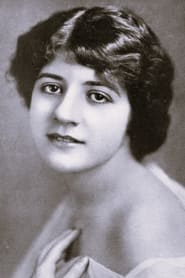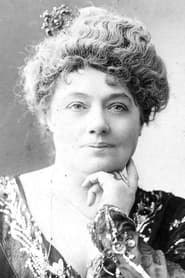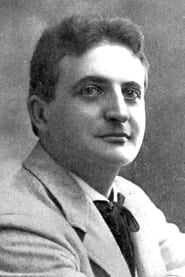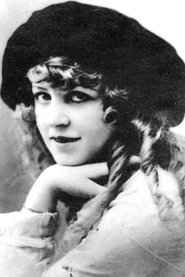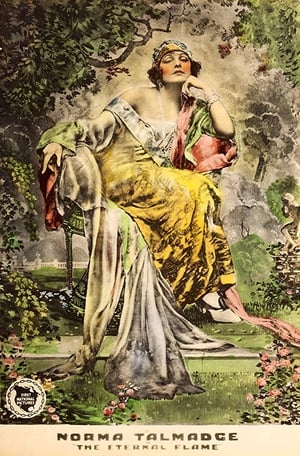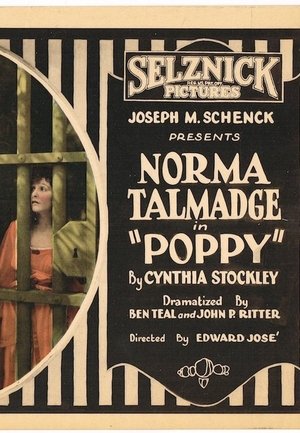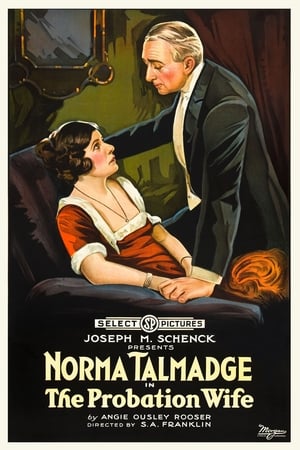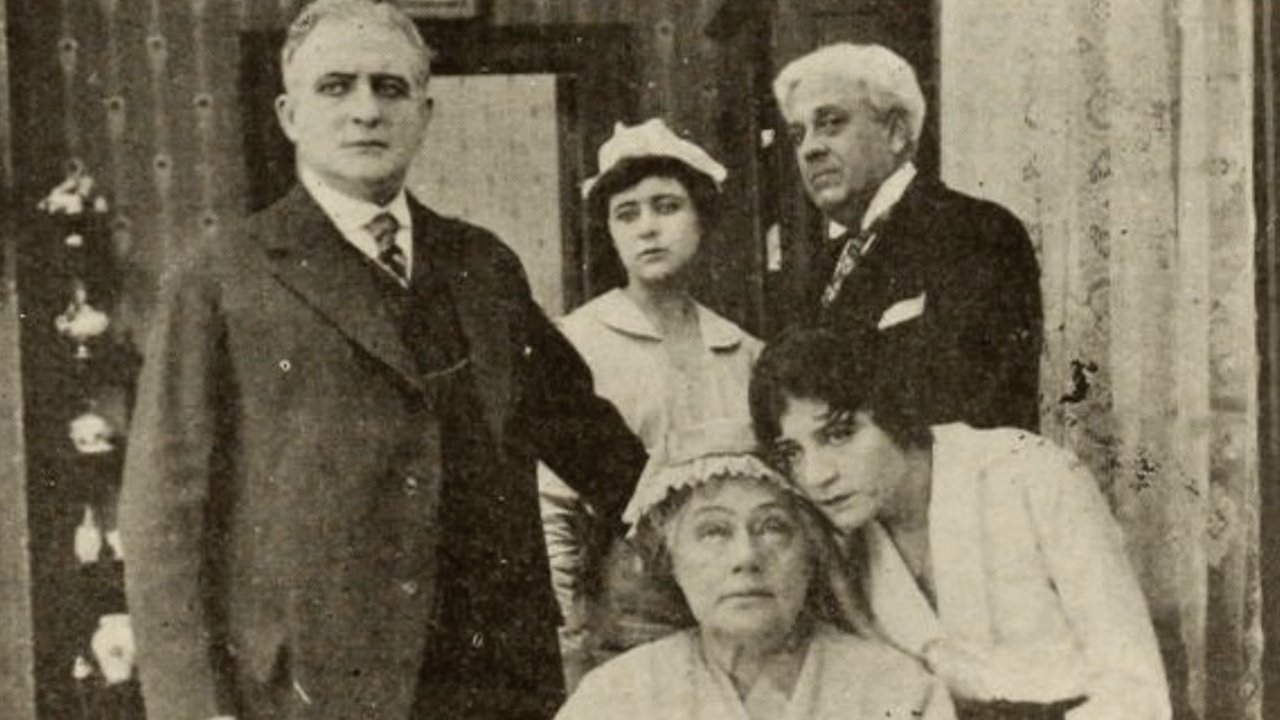
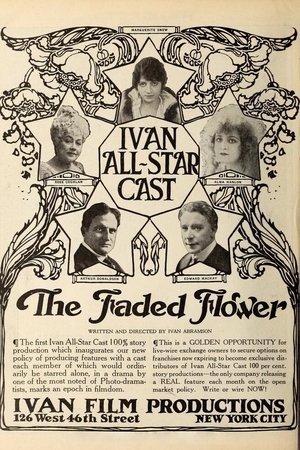
The Faded Flower(1916)
Lillian Hill, a poor stenographer, sacrifices her romance with an equally poor playwright, Henry Parker, to marry her boss Wilbur Mason. She does this only so that she will have the means to pay for surgery to restore her mother's sight. But the surgery is unsuccessful, and her coldness towards Mason arouses his jealousy.
Movie: The Faded Flower
Top 5 Billed Cast
Henry Parker
Similar Movies
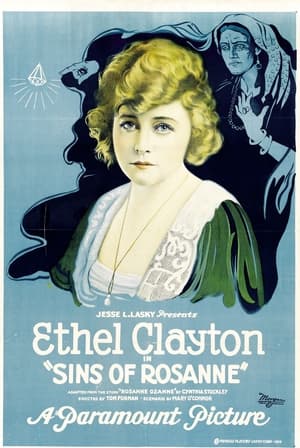 0.0
0.0The Sins of Rosanne(en)
Roseanne (Ethel Clayton) has grown up near some diamond mines in South Africa. As a child, she became ill and a Malay nurse, Rachel Bangat (Fontaine La Rue) promised to cure her. That she did, but she also worked some voodoo on the child, who, as a grown up now displays a powerful desire for diamonds and the ability to throw evil curses on those who displease her.
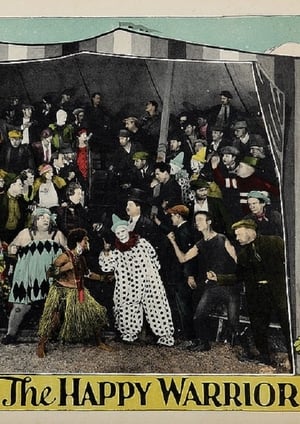 0.0
0.0The Happy Warrior(en)
Malcolm McGregor joins the circus and falls in love with Olive Borden but his life changes when he finds out he is a titled Lord.
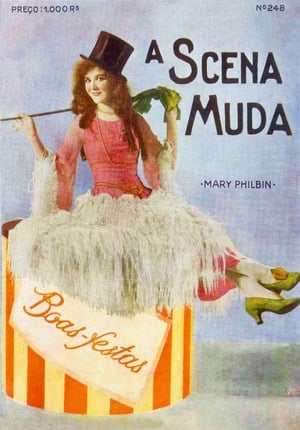 0.0
0.0Fifth Avenue Models(en)
A model in an expensive clothing shop quarrels with another model, and an expensive gown is ruined. In order to pay for it, she asks her father, an artist, for the money. In order to get the money, the father gets mixed up with art thieves
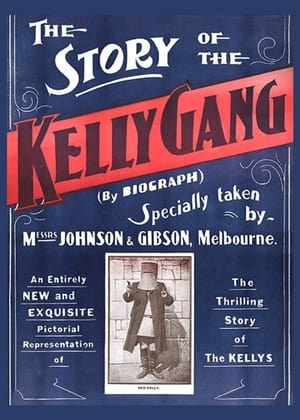 5.2
5.2The Story of the Kelly Gang(en)
Just as Galeen and Wegener's Der Golem (1915) can be seen as a testament to early German film artistry, The Story of the Kelly Gang (1906) symbolizes both the birth of the Australian film industry and the emergence of an Australian cinema identity. Even more significantly, it heralds the emergence of the feature film format. However, only fragments of the original production of more than one hour are known to exist, preserved at the National Film and Sound Archive, Canberra; Efforts at reconstruction have made the film available to modern audiences.
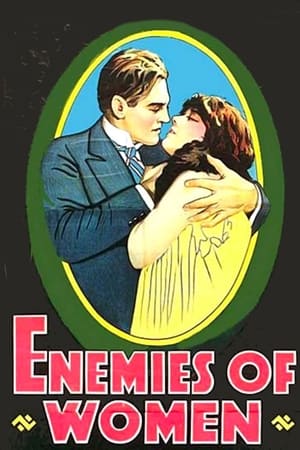 5.2
5.2Enemies of Women(en)
The dashing but arrogant Prince Michael Fedor Lubimoff has to flee Tsarist Russia after falling into disgrace and settles in Monte Carlo, where he resumes his life of debauchery while World War I ravages the fields of Europe… (Partially lost film; reels 3 and 9 of a total of 11 are missing.)
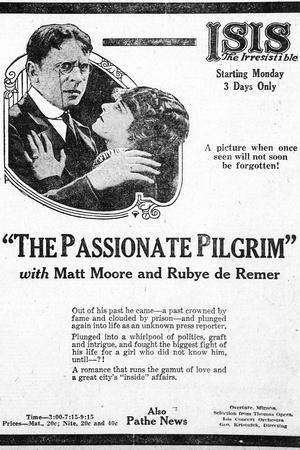 0.0
0.0The Passionate Pilgrim(en)
An innocent man goes to prison for obstruction of justice when his wife refuses to reveal that her father was killed by her mother (and it wasn't suicide). When he is finally released, he meets and becomes involved with a young woman who belongs to the town's influential elite. Once again, he finds himself caught up in intrigue - which eventually leads to his exposing the mayor of the town as corrupt.
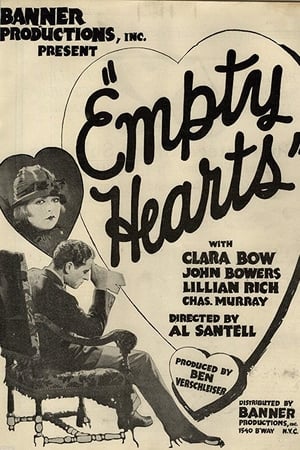 0.0
0.0Empty Hearts(en)
Milt Kimberlin is a down-on-his luck horse owner, but Rosalie, a cabaret performer (the lively and engaging Clara Bow), doesn't care -- she turns down the fancy jewelry offered by oily Frank Gorman for a wedding ring from Kimberlin. Even though his finances never improve, Rosalie sticks by her husband only to sicken and die in a garret. Kimberlin's luck changes almost overnight and he becomes incredibly wealthy.
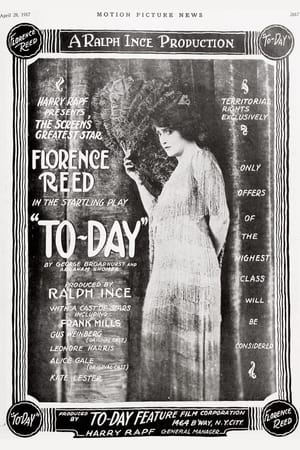 0.0
0.0To-Day(en)
When her husband Fred goes bankrupt, Lily Morton is forced to give up the trappings of wealth and move into a humble home while Fred attempts to fight his way back to prosperity. Resentful of her modest circumstances, Lily accepts her friend Marion Garland's offer to introduce her to Mrs. Farington, a woman who will pay handsomely for Lily's escort services. Lily goes to work for Mrs. Farington while her unsuspecting husband struggles to regain his former wealth. While managing an apartment house for one of his wealthy clients, Fred visits Mrs. Farington, a tenant, and, noticing a framed picture of Lily, asks to be introduced to the girl. Mrs. Farington arranges the rendezvous, and when Lily arrives, she is confronted by her enraged husband who chokes her to death. At this moment, Lily awakens from her nightmare, and chastened for her superficiality, begs Fred for forgiveness.
 7.1
7.1A Star Is Born(en)
A movie star helps a young singer-actress find fame, even as age and alcoholism send his own career into a downward spiral.
 7.1
7.1Intolerance: Love's Struggle Throughout the Ages(en)
The story of a poor young woman, separated by prejudice from her husband and baby, is interwoven with tales of intolerance from throughout history.
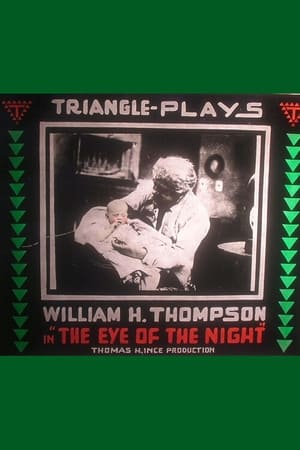 0.0
0.0The Eye of the Night(en)
William H. Thompson plays a likeable old lighthouse keeper who must contend with his less likeable fellow villagers. One of Thompson's acts of kindness is to bless the "scandalous" romance between hero and heroine.
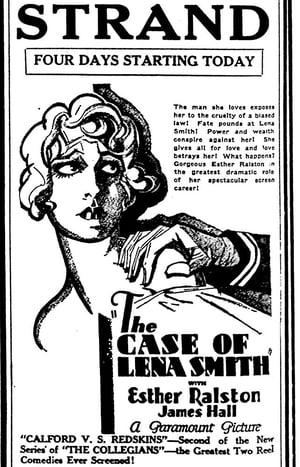 5.2
5.2The Case of Lena Smith(en)
A peasant girl goes to great lengths to protect her child in 19th century Vienna. The film is considered lost, and only four minutes of footage are known to remain.
 0.0
0.0Behind the Screen(ru)
Famous Russian screen actors play themselves in this drama about the lives of actors. Thirteen minutes of the film survive.
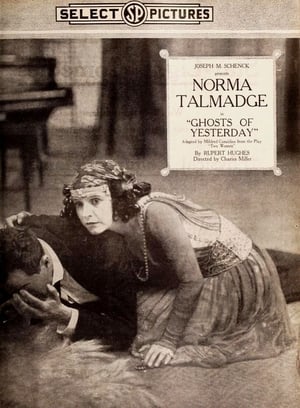 0.0
0.0The Ghosts of Yesterday(en)
After his wife/model has died of starvation with her portrait unfinished, an impoverished artist meets another woman with a striking resemblance to her.
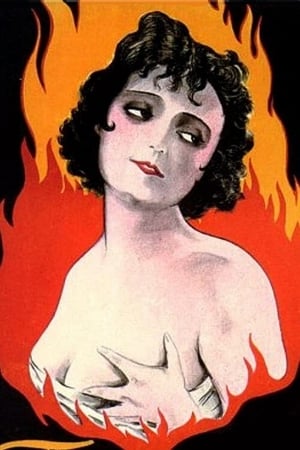 5.8
5.8Die Flamme(de)
In 19th century Paris a hedonistic woman marries an aristocrat but has trouble keeping faithful to him.
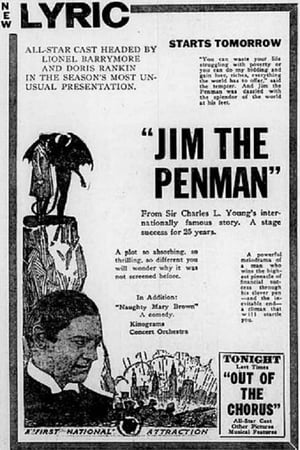 0.0
0.0Jim the Penman(en)
A bank clerk forges a check to help his girlfriend's father. He's found out, but instead of being arrested he becomes a member of a gang of forgers.
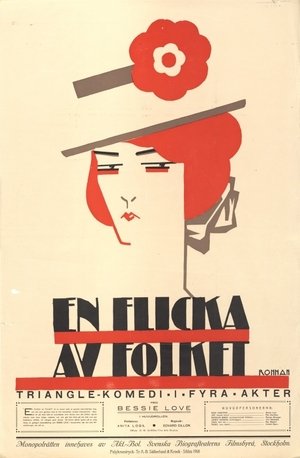 0.0
0.0A Daughter of the Poor(en)
A young girl, Rose Eastmen lives with her lazy Uncle, who works as a janitor in a publishing house. Lacking education, both Rose and her Uncle are susceptible to the socialist ideas of writer Rudolph Creig. One day Rose encounters Jack Steven's the wealthy son of the publishing house, working on his car. She believes he is a common laborer, and begins seeing him. Through her exposure to Jack, Rose begins to realize the rich are not such an abominable people. Rudolph has also reached this conclusion after learning Steven's has published his book. Now with a hefty royalty check and success, Rudolph is able to marry Rose.
